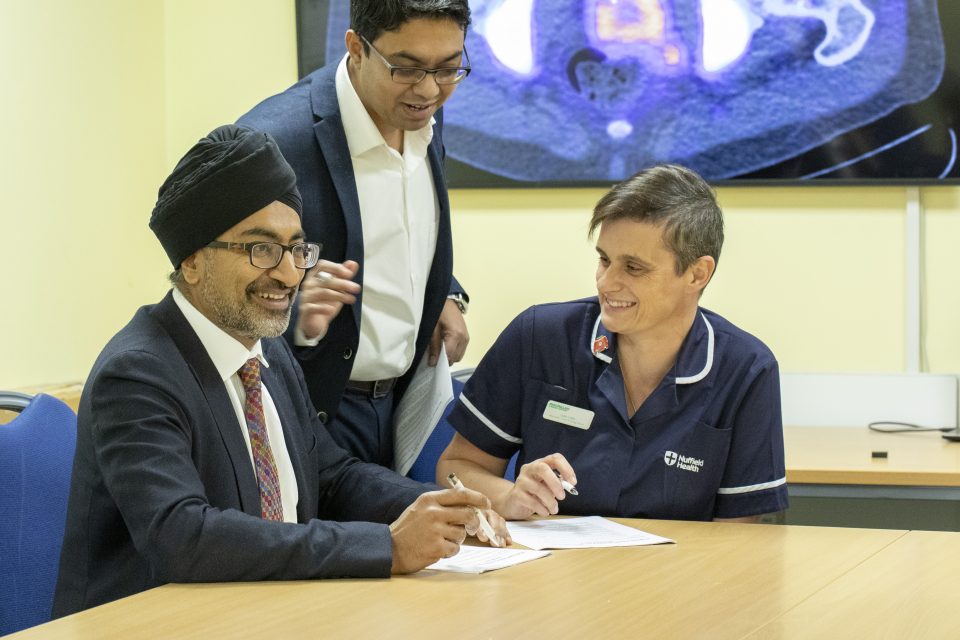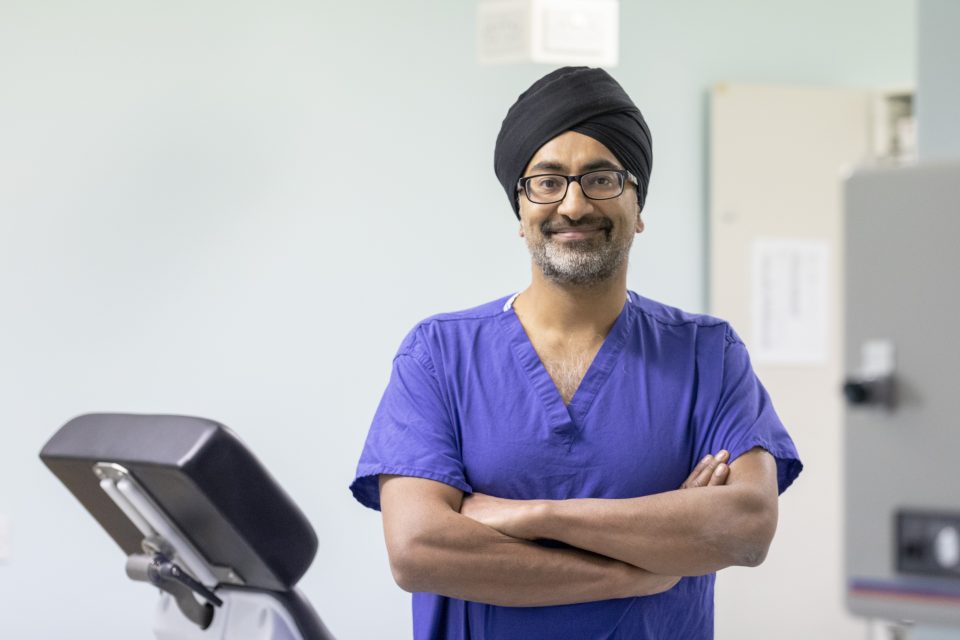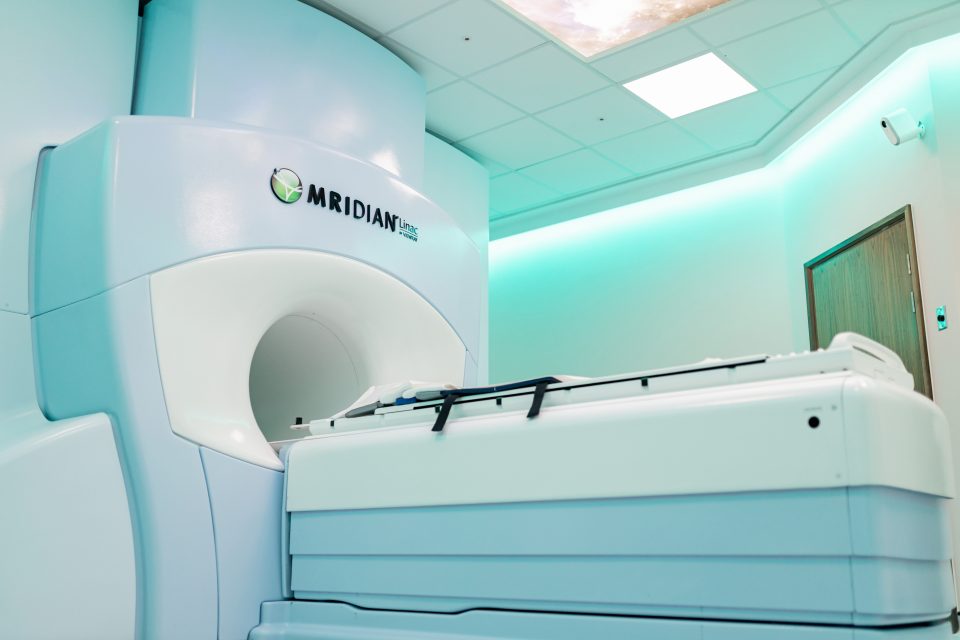Bladder Clinics
Bladder Cancer
Bladder cancer is 10th most common cancer in the UK, and in the UK, over 10,000 people are diagnosed with bladder cancer each year.
The most common type of bladder cancer is called urothelial bladder cancer. It is also called transitional cell carcinoma (TCC). It starts in cells called urothelial or transitional cells in the bladder lining. Bladder cancer may be non-muscle-invasive, muscle-invasive or advanced.
Bladder cancer symptoms
- Blood in the urine is the most common symptom of bladder cancer. 8 out of 10 people with bladder cancer have some blood in their urine (it is called haematuria)
- Increased Frequency
- Increased Urgency
- Weight loss
- Tiredness
At East Midlands Urology, we specialise in providing rapid access to advanced diagnostics and treatments for a range of bladder problems.
These includes:
- Blood Tests
- Cystoscopy
- Biopsies
- Ultrasound
- CT Scans/ CT urogram
- PET/CT
- MRI
- TURBT( transurethral resection of bladder tumour)
Treatment of bladder cancer
Treatment of bladder cancer depends on bladder muscle involvement
Non muscle invasive bladder cancer
Surgery to remove cancer from bladder followed by chemotherapy inside bladder
Muscle invasive( cancer spread into or through muscle of bladder) surrounding

Surgery
To remove the bladder and make a new way for you to pass urine. In men, surgery normally removes the prostate gland and glands that store semen (seminal vesicles). This is because bladder cancer can come back in this area. In women, the surgery consists of usually removing the womb and fallopian tubes. Sometimes the surgeon removes your ovaries and part of the vagina. After surgery, there are several ways to pass urine.
- a bag outside the body to collect urine (urostomy or ileal conduit)
- pouch to collect urine (continent urinary diversion)
- a new bladder made (bladder reconstruction)
- a pouch made from the back passage (rectosigmoid pouch)

Chemotherapy
Chemotherapy is normally given before surgery or radiotherapy to shrink the tumour. It helps the treatment work better and also lowers the risk of cancer coming back later. Chemotherapy can also be given during radiotherapy (chemoradiation) which improve the efficacy of radiation. Sometimes chemotherapy is given after surgery when it was not given before surgery.
Chemotherapy can be the main treatment if cancer has spread (advanced bladder cancer).

Radiotherapy
The aim of this is to destroy the cancerous cells through the use of high energy x-rays whilst still trying to preserve the healthy cells. Radiotherapy can be given on its own or combined with chemotherapy (chemoradiotherapy). Radiotherapy treatment normally takes between 4 to 6 and a half weeks.
At East Midlands Urology we have access to most advanced radiotherapy techniques like IMRT and VMAT which help to improve outcomes and reduce side effect from the treatment.

Immunotherapy
Immunotherapy drugs help the immune system to attack cancer. It is an advanced treatment for the bladder when it was felt chemotherapy treatment is not ideal for patients due to fitness or poor kidney function or cancer started to grow after chemotherapy.

Book a consultation
Whether you have private medical insurance or are a self-funding patient, you can be seen and treated quickly.